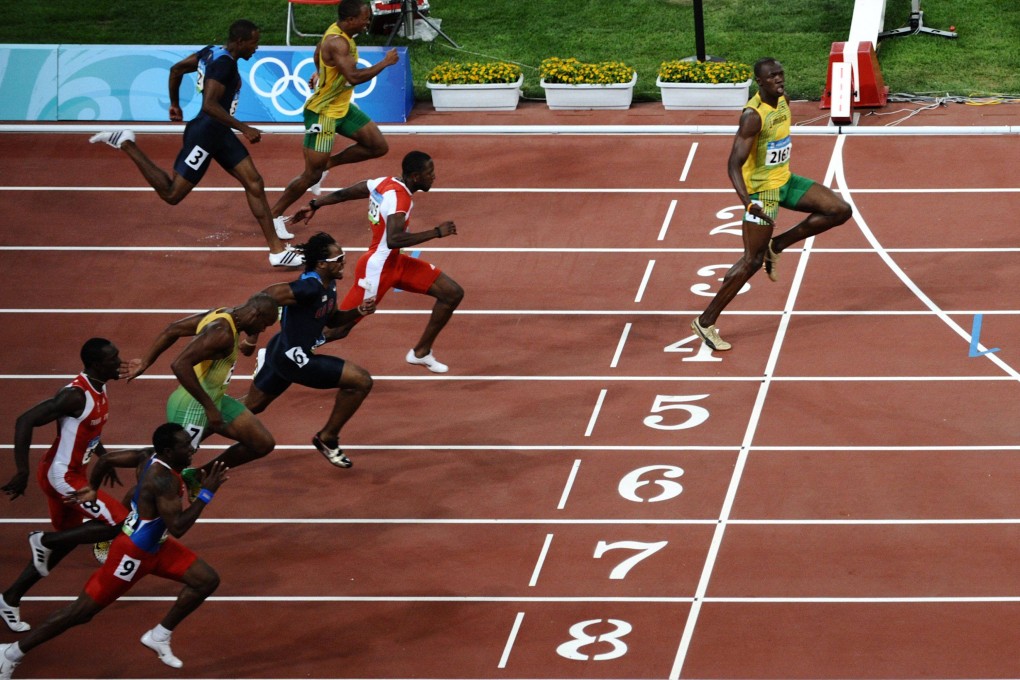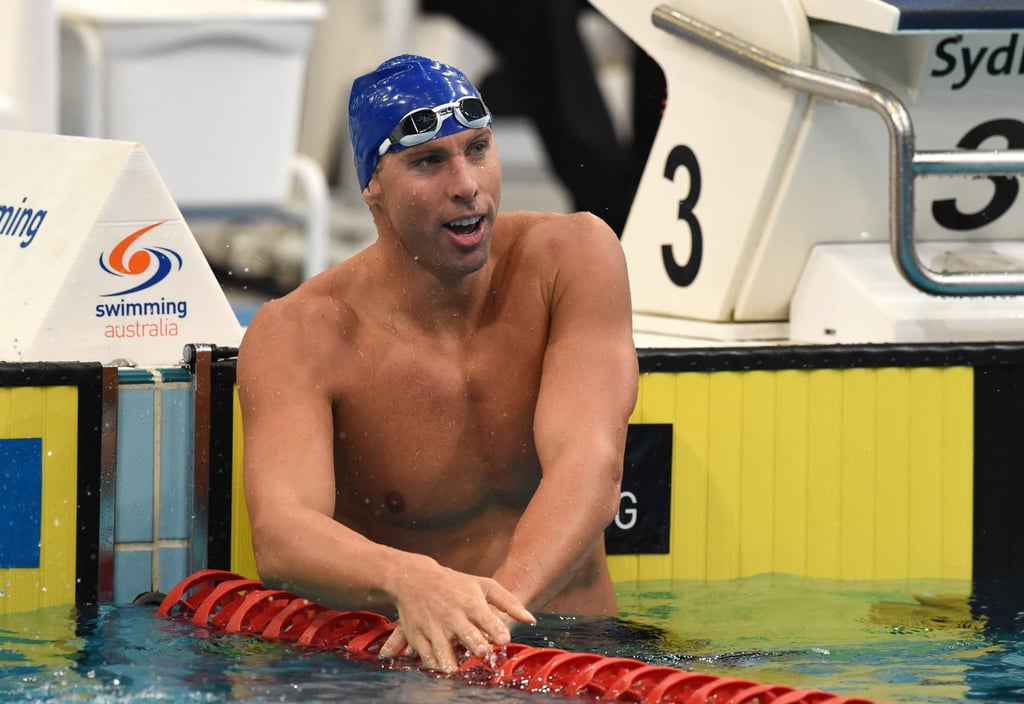Paris Olympics: Usain Bolt got 10 hours, but sleep can be the stuff of sporting nightmares
- Adrenaline, late-night matches and perils of sleeping pills make it easier said than done, and many athletes find sleep a source of anxiety

It is a wonder Olympic athletes ever doze off at all, given competition pressure now comes with warnings about the consequences of not managing gold-standard sleep every night.
A 2023 study of 122 athletes revealed that sleeping for fewer than eight hours per night increased injury risk by 65 per cent.
“Tell that to any athlete, and after one bad night’s sleep, they’ll be asking, ‘Will I get an injury now?’” said Anna West, a sleep and recovery specialist whose clients include English Premier League clubs Arsenal and Brentford.
Over the past eight years, West has noted more attention being paid to the correlation between quality sleep and elite sports performance.
In turn, athletes have developed heightened awareness, in many cases anxiety, around the value of sleep. Plenty have developed a reliance on sleeping pills.

A 2016 study on sleep medication and athletic performance stated: “Olympic champions have openly been placed into drug rehabilitation due to dependence on sleep medication.”